Six days ago, the European Commission published its so-called country-specific recommendations, which, in practice, come across as demands on Hungary. The real issue lies in the content of these recommendations. The document states that Hungary should completely abolish its energy price compensation system, essentially ending the utility price cuts scheme. It also suggests that the country should turn away from Eastern energy sources — a proposal that appears as part of the latest sanctions package. However, the Brussels document fails to address who would cover the significantly higher energy prices — clearly, it would be the public and businesses that suffer the most — wrote Csaba Domotor, an MEP for Fidesz, in his post. As Magyar Nemzet reported earlier, the politician had previously criticized the controversy surrounding Peter Magyar's parliamentary immunity.

Photo: NurPhoto/Nicolas Economou
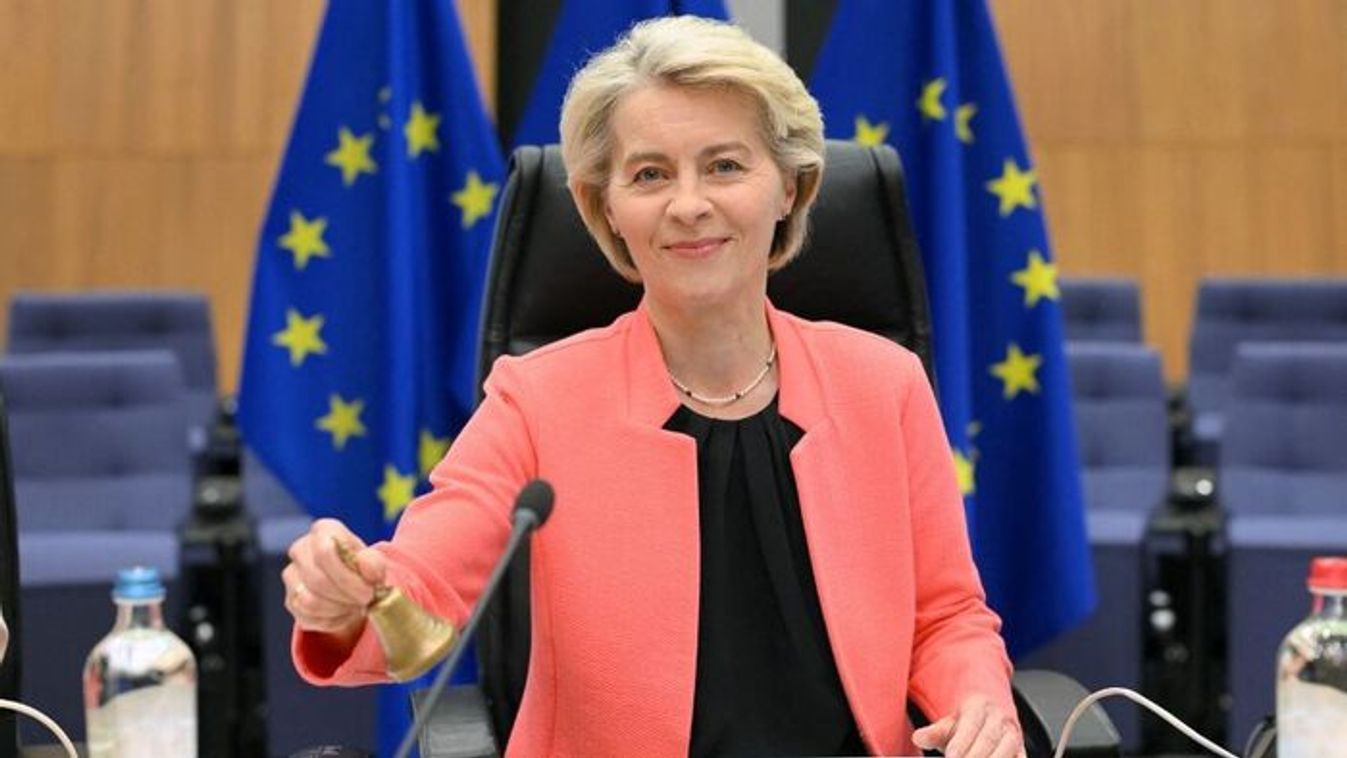

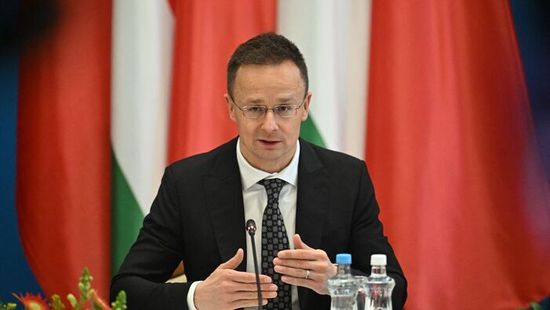

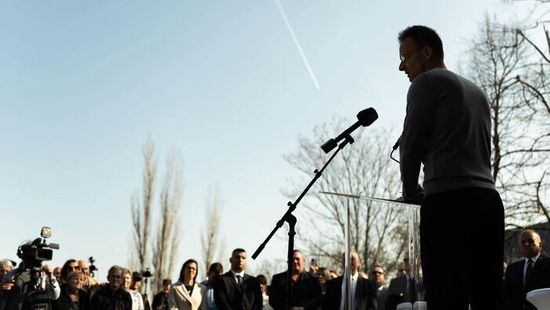




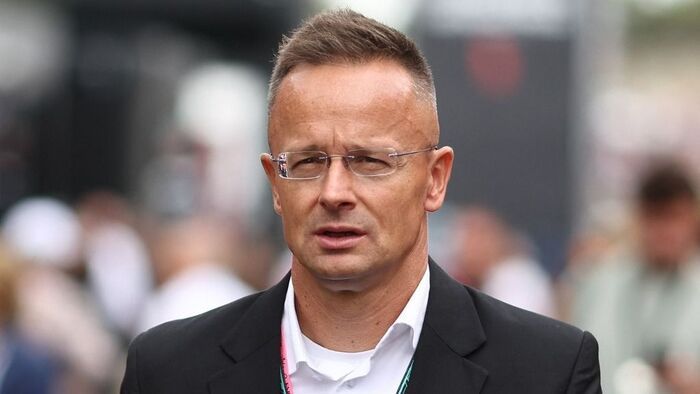

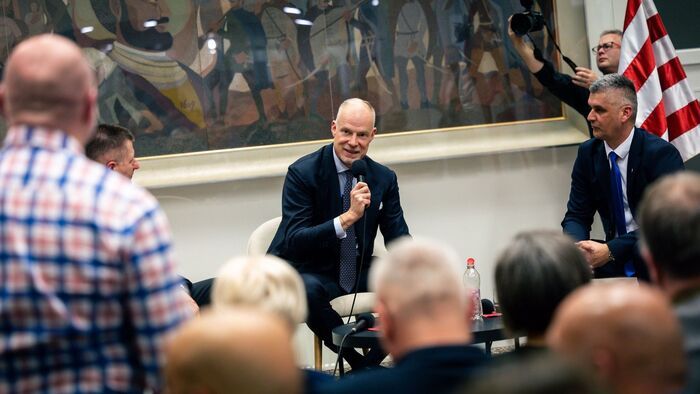

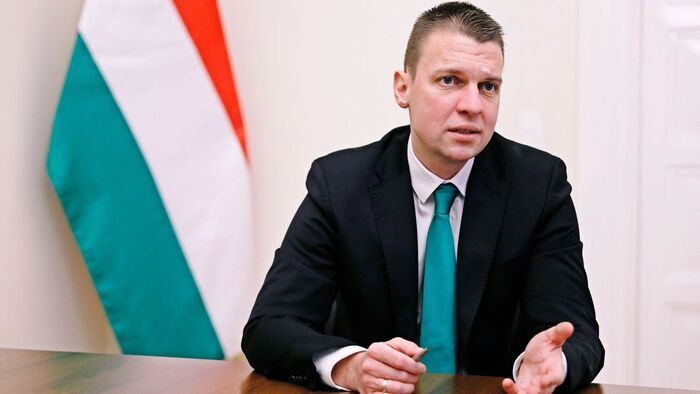









Szóljon hozzá!
Jelenleg csak a hozzászólások egy kis részét látja. Hozzászóláshoz és a további kommentek megtekintéséhez lépjen be, vagy regisztráljon!